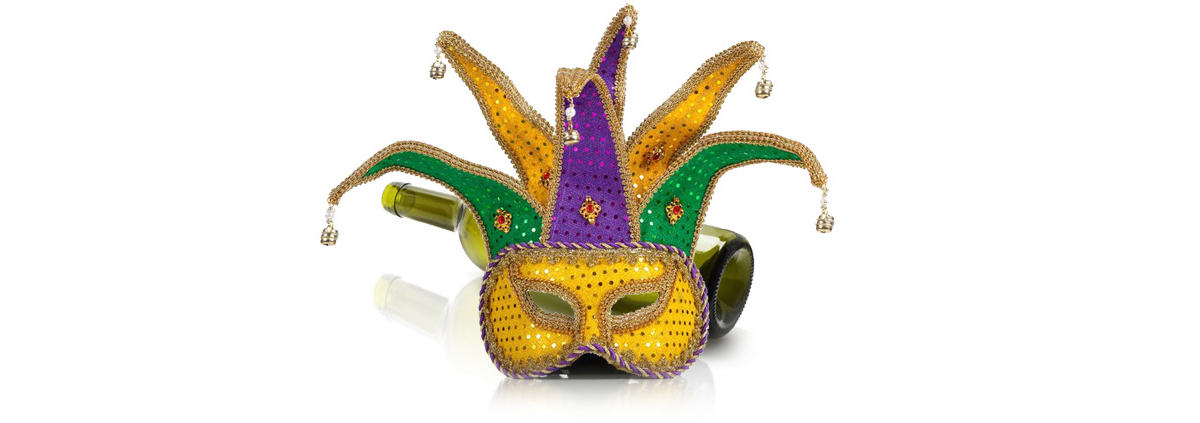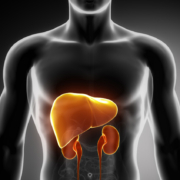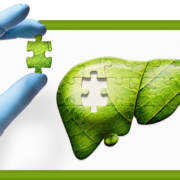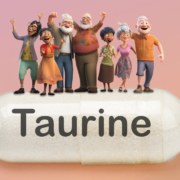What Happens Inside When You Quit Drinking?
Beer, wine, hard cider, whiskey, vodka, bourbon—that’s a partial list of alcohol-based drinks we consume. The amount of alcohol that’s recommended is no more than two drinks per day for men and one drink per day for women. Many people exceed that amount on a regular basis. While alcohol, especially wine, has some reported health benefits, even just a little more alcohol has consequences.
Alcohol is a toxin. The liver can handle and detoxify small amounts, but it can take several hours to process one drink. Alcohol is a diuretic, which means it will lead to dehydration when too much is consumed. While alcohol is a central nervous system depressant, it can interfere with sleep patterns. The next day fogginess is a result of the dehydration and nervous system effects. Alcohol is converted to fat and then stored. However, it may not store fat normally and overfill the livers fat storage ability. That results in a fatty liver. And then there’s the weight gain that comes with too much alcohol intake.
What happens if you give up alcohol for 40 days? Researchers in the United Kingdom found out by tracking over 100 people for over a month. Without any change in diet, the subjects lost two to four pounds. Cholesterol levels and blood pressure dropped as well. In addition to that, a marker of prediabetes and insulin resistance dropped as well. Researchers suggested that if those types of results could be put into a pill, it would create a $250 million industry overnight. And all people did was abstain from alcohol.
Is there a substitute? In trying to put a blend together that might have the calming effects of alcohol on the nervous system, I think a decaffeinated chai with its blend of herbs or a chamomile tea might have a similar benefit to the nervous system without the stimulant effects of caffeine.
The Bottom Line
Sugar. Salt. Alcohol. If you’re going to give up something during Lent, these deserve a try. There are some real benefits to your body if you do, even if you just reduce your intake. You might just find that you don’t need them at all. It’s worth a try.
What are you prepared to do today?
Dr. Chet
Reference: Hepatology. 2015. Volume 62, Issue Supplement S1. Abstract 113.








